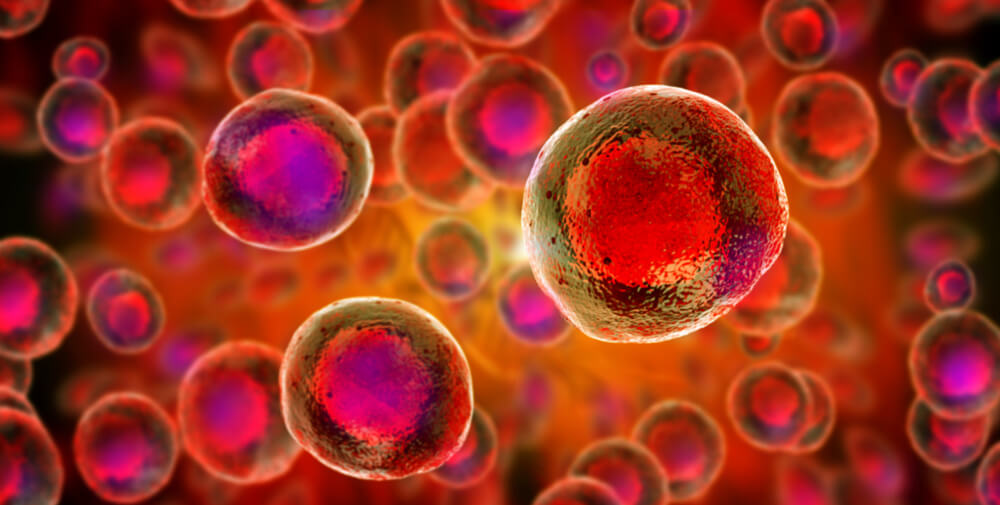A Canadian study investigating the expansion of umbilical cord blood stem cells has advanced into early clinical trial stages.
The news comes after scientists reported promising initial results, which found that expanded cells could facilitate even faster recoveries than conventional transplants.
Led by haematologist Dr Sandra Cohen from Maisonneuve-Rosemont Hospital in Montreal, researchers will now apply their multiple cord blood samples in a greater amount of human transplants.
What is cord blood expansion?
Cord blood expansion is the process of multiplying the cells within a sample to increase treatment possibilities.
This can be done in three ways:
- Culturing cord blood stem cells in the lab to expand the number of active cells
- Recently, researchers from the Stowers Institute for Medical Research announced that they have identified a protein that affects multiple targets and pathways involved in haematopoietic stem cell self-renewal.
- The study found that this protein, called Ythdf2, could be modified without affecting cell function and as a result, haematopoietic stem cell production was expanded in human umbilical cord blood.
- Co-transplanting cord blood stem cells with other cell types that will temporarily engraft and “bridge the gap”
- Enhancing the homing ability of cord blood stem cells, so that they enter bone marrow faster and engraft.
Why multiply cord blood?
Umbilical cord blood, and the stem cells it contains, has already been used in more than 35,000 transplants worldwide.
Cord blood is often preferred for transplants because it presents a lower risk of compatibility issues than other types of blood or stem cells.
However, cord blood typically has a smaller stem cell count than other sources such as bone marrow or adipose. Because of this, an umbilical cord sample is sometimes too small for a successful adult transplant.
Scientists are therefore eager to expand cord blood to resolve this issue and help thousands of people waiting for transplants around the world.
How have researchers managed to expand cord blood?
In the new clinical trial, researchers will use a small molecule called UM171 to multiply cord blood samples.
UM171 binds to a sample and prevents new blood cells from differentiating into more specific cell types. Instead, they remain in their stem cell form and proliferate.
Over the course of seven days, UM171 can multiply stem cells by up to 35 times.
Once transplanted, the stem cells transform into different cell types that can restore and regenerate damaged or diseased areas of the body.
What were the results?
Although the trial is only just entering clinical trial stages, results from the initial study have been extremely promising.
After 12 months, the survival rate was at 75% for patients who received the expanded cord blood. With a conventional cord blood transplant, success rates stand at around 60%.
The impact of cord blood expansion…
Cord blood expansion should be a particularly exciting prospect for parents who have banked – or are thinking of banking – baby stem cells. Multiplying a sample increases treatment opportunities, and gives families more freedom to make the most of their baby’s cord blood.
Our unique CellsPlus service has also been designed with cell count in mind, retaining 3 times more stem cells than any other cord blood processing system.
Find out more about CellsPlus.
Sources:
https://clinicaltrials.gov/ct2/show/NCT02668315
https://globenewswire.com/news-release/2018/06/27/1530329/0/en/Final-patient-receives-treatment-in-stem-cell-clinical-trial-for-severe-blood-cancers.html
https://www.news-medical.net/news/20180803/Research-uncovers-new-approach-for-expanding-stem-cells-from-umbilical-cord-blood.aspx
FIND OUT MORE, REQUEST YOUR WELCOME PACK TODAY
All you need to know to make an informed decision.
Provide your contact details to request:
– Complete Welcome Pack and Parent’s Guide
– Information via email
– Contact from our specialist advisors








